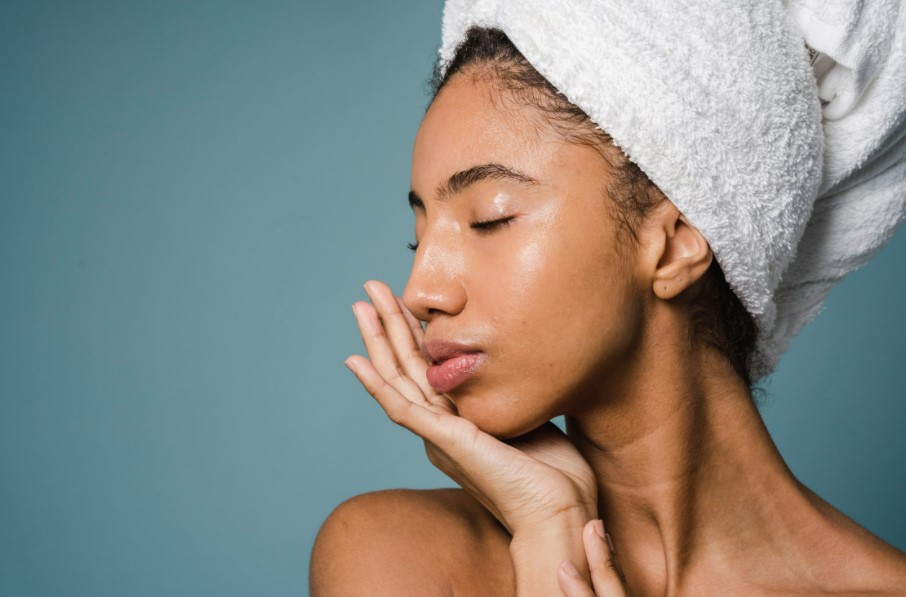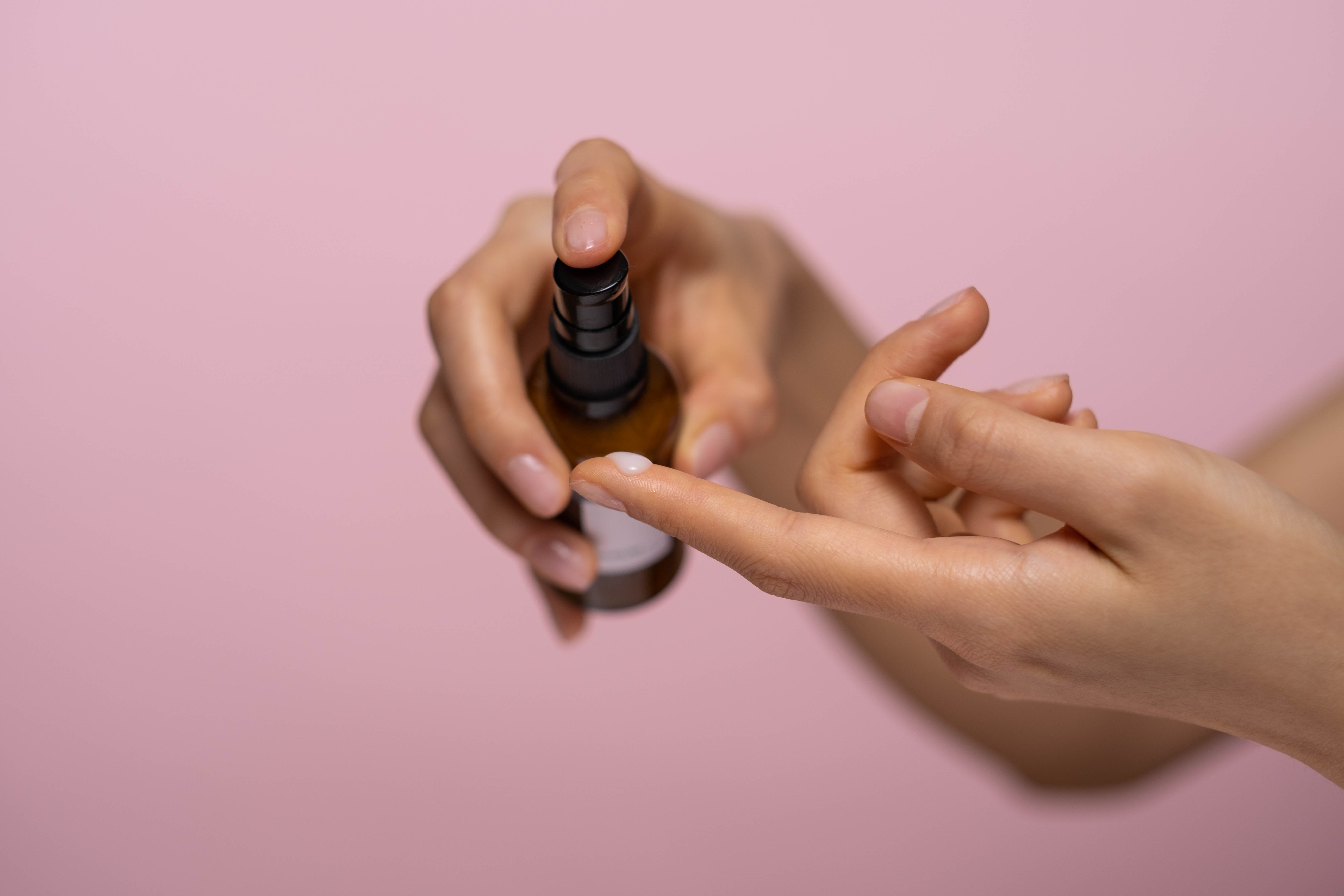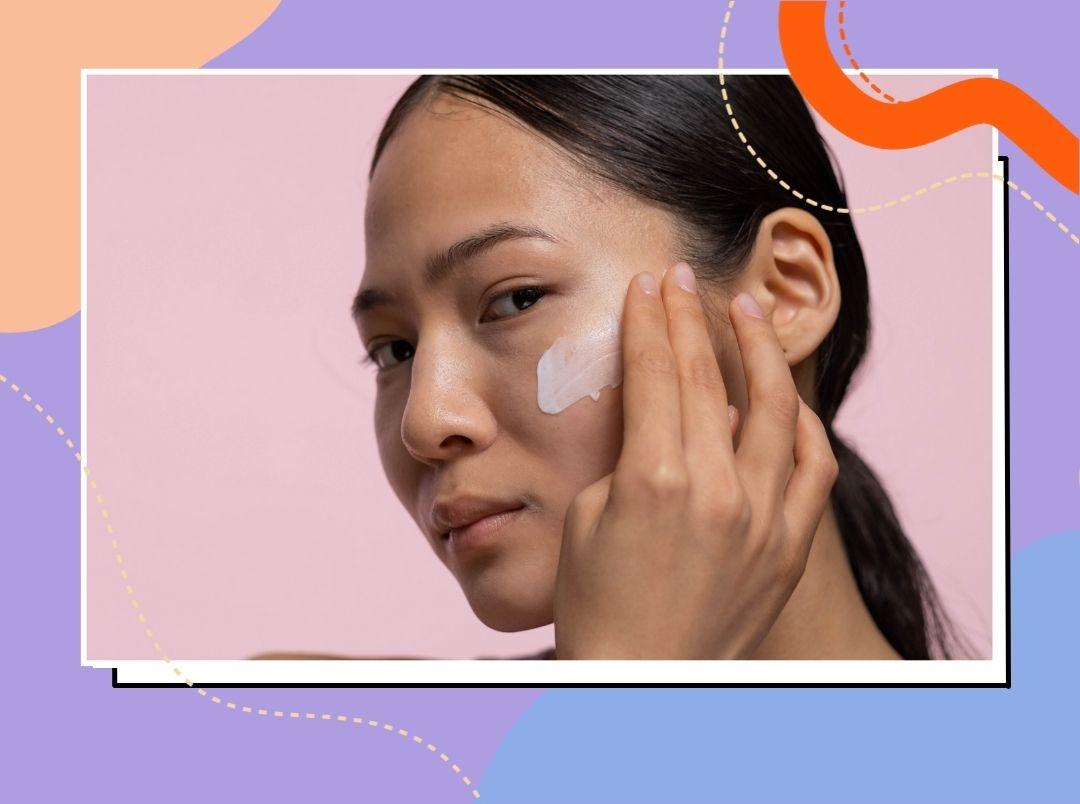We are seeing it in the ingredient lists of some of the best skincare products in the market, azelaic acid is a buzzword that’s making waves in the skincare actives spectrum. With heavyweights like retinol and Vitamin C already ruling in the active ingredient department, azelaic acid is currently an underdog that all of you with sensitive skin really need to know about. If breakouts are regular and you’ve tried everything under the sun to keep it under control, this gentle skin acid is just what you might be looking for to attain clear skin without much hassle. It’s said to be everything you could ask for from an anti-acne treatment and so we had to check in with the experts to really question this claim. Desiree Stordahl, Director of Applied Research and Education at Paula’s Choice obliged us with our query and tells us everything we need to know about azelaic acid.
What Is Azelaic Acid?

Azelaic acid is a skin-friendly type of acid that offers gentle exfoliating and antibacterial properties to unclog pores, refine skin texture, and reduce breakouts. It also functions as an antioxidant and delivers significant anti-inflammatory (soothing) properties that help calm acne on all skin types.
“Azelaic acid can be derived naturally from grains like barley, wheat, and rye, but in skin care products you’re typically getting the lab-engineered form because of its greater stability and effectiveness,” Stordahl further explains. Research also suggests that this acid has the ability to help relieve rosacea-prone skin and that confirms how gentle, soothing, and effective it can be on skin.
Which Types Of Acne Does Azelaic Acid Work On?
Azelaic acid can help with most types of acne thanks to its antibacterial action and it also reduces inflammation and hyperpigmentation (scars and spots) associated with breakouts. “Whether you experience the occasional blemish or are more prone to consistent acne, this skin acid works well when paired with a BHA (salicylic acid) as part of an anti-acne routine. BHA and azelaic acid tackle acne in different yet complementary ways, so you’ll see even better results using the two together,” says Stordahl.
That said, if you have deeper rooted “cystic” acne, azelaic acid likely won’t be enough, in which case, you can discuss prescription options with your physician.
But do keep in mind that azelaic acid’s ability to help fade post-breakout marks can benefit any type of acne, including the more severe forms.
How To Include Azelaic Acid In Your Skincare Routine

10 On 10
Stordahl recommends applying a product containing a 10% concentration of azelaic acid as part of your daily skin care routine. It is best used in serum or moisturiser form. The general rule when it comes to applying skin care products is to apply the most fluid, watery products first and the creamy thicker products next. Make sure that during the day, the last product you apply is sunscreen with SPF 30 or greater to protect your skin and to allow those active ingredient infused skincare products to work their magic uninterrupted.
Active Balance
Azelaic acid can absolutely be used every day, but if you’re already using a lot of other “actives” in your routine, introduce it slowly (just 3 times the first week). You may even need to alternate azelaic acid with other powerful products in your routine like Vitamin C or retinol just so that your skin isn’t overwhelmed and irritated by too many actives. Use one active like Vitamin C or azelaic acid in the morning and retinol at night or alternate days. Experiment to see what works best for your skin. Incorporate a soothing nature infused moisturiser to keep your skin nourished when experimenting with active ingredients.
Who Should Use Azelaic Acid & Who Should Avoid It?
Any skin type can use it, but those with blemish prone skin will see particularly great benefits. Azelaic acid is quite soothing, so there’s no particular skin type who should avoid it.
To sum it up, Azelaic acid is the soothing active that every skin type can benefit from to treat a breakout. And with the summer heat trying to stir up some trouble on your skin, this skincare ingredient is just the hero you should put your trust in.
Featured Images: Pexels





